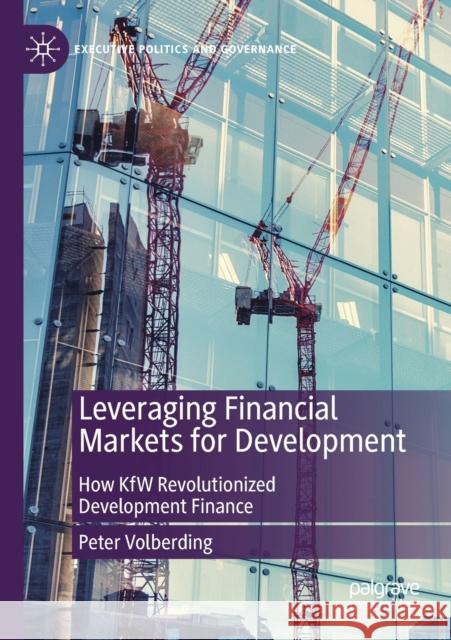Leveraging Financial Markets for Development: How Kfw Revolutionized Development Finance » książka
topmenu
Leveraging Financial Markets for Development: How Kfw Revolutionized Development Finance
ISBN-13: 9783030550103 / Angielski / Miękka / 2021 / 312 str.
Leveraging Financial Markets for Development: How Kfw Revolutionized Development Finance
ISBN-13: 9783030550103 / Angielski / Miękka / 2021 / 312 str.
cena 201,24
(netto: 191,66 VAT: 5%)
Najniższa cena z 30 dni: 192,74
(netto: 191,66 VAT: 5%)
Najniższa cena z 30 dni: 192,74
Termin realizacji zamówienia:
ok. 16-18 dni roboczych.
ok. 16-18 dni roboczych.
Darmowa dostawa!
Kategorie BISAC:
Wydawca:
Springer Nature Switzerland AG
Seria wydawnicza:
Język:
Angielski
ISBN-13:
9783030550103
Rok wydania:
2021
Ilość stron:
312
Waga:
0.41 kg
Wymiary:
21.01 x 14.81 x 1.78
Oprawa:
Miękka
Wolumenów:
01
Dodatkowe informacje:
Wydanie ilustrowane











